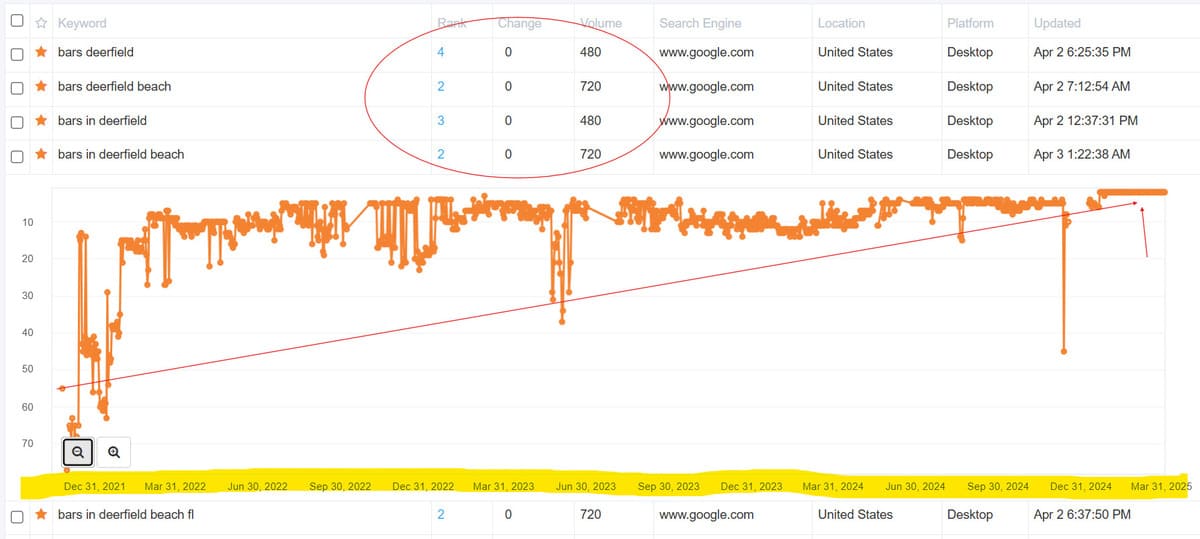As if the whole concept of online marketing weren’t daunting enough, the terrain is littered with abbreviations and jargon. We thought it might be helpful if we were to decode some of the most common acronyms that you’ll come across in the world of internet marketing.
- SEO, as you might know stands for search engine optimization, but that might not give you the whole picture. Basically, SEO is a way to make sure that your site pops up when people search online for the kind of products or services you offer. An effective SEO campaign will build traffic to your site.
- PPC is shorthand for a pay-per-click. A pay-per-click campaign can drive traffic to your site by placing ads through services like Google Ads and Bing Ads. Every time a prospective client clicks on your ad, you are charged a fee. The fee is determined based on a variety of factors.
- SMO stands for social media optimization. Social media is critical for businesses these days. It’s a way to build awareness of your brand and what you’re doing. Social media is also a good way to build trust. And when we say social media, it’s important to understand that we’re not just talking about Facebook and Twitter. Social media also includes blogs, forums and other places where interactive communication about your company goes on.
- HTML stands for Hypertext Markup Language. And that probably doesn’t tell you much. In plain language, HTML is a way to markup the content of a web page so that it will be displayed properly when viewed in a web browser. HTML can indicate what kind of font the letters should be in and how pictures should be displayed. HTML can also be used to describe links, video and audio files so that they, too, will be displayed properly. HTML can also be used to insert what is called meta descriptions, these descriptions of things like the images on display won’t be visible to people visiting your website but they can be helpful for search engine optimization.
- PHP is also a programming language designed for web development. It can work with HTML code as well as a variety of web templates, content management systems and web frameworks. Originally, PHP stood for personal home page. (Other examples of programming languages include Java, JavaScript, C/CPP, Python, Swift, C#, Ruby and others. Some are designed for web development; others are geared toward desktop or mobile applications or game development.)
We hope this info might be useful to you as you navigate the world of online marketing. As a leading SEO agency based in South Florida, it’s a world that we’re very familiar with. So, if you have questions about your internet marketing strategy or are interested in knowing more about the SEO services that we offer, we hope that you’ll contact us.





